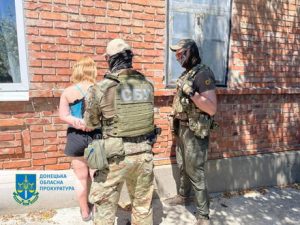
As many readers of this blog know, NATO and the US have been pressing Switzerland to abandon its long-standing policy of neutrality and join them in supporting the good, blameless, democratic Ukrainians against the big bad Russians. Conversely many Swiss media, reluctant to see their country embark on that road, has been bristling with stories that, being less than complimentary to Ukraine, are not always easy to find in English-language sources. Based on an article in Weltwoche, a moderately right-wing Swiss weekly, the following are summaries of a few such stories.
- In the West, the terms “Russia” and “oligarchs” are regarded as almost synonymous. In fact, though, Ukraine’s Zelensky is quite as dependent on filthy rich, not always nice and kind, backers as his rival Putin is. In return, no sooner had he come to power in April 2019 than he started pushing through a comprehensive program aimed at privatizing state-owned land. 40 million hectares of it, no less. Continuing policies originally put in place when Ukraine gained its independence in 1991, this reform was accompanied by others: including cuts in social services, changes in labor law aimed at favoring employers at workers’ expense, and more. The result? In 1991 its per capita income was slightly than to that of Russia. Over the next thirty years it dropped to just one third of that figure. No wonder that, by the time the war broke out in February 2022, public support for Zelensky had dropped by two thirds.
- Again in the West, the terms “Russia“ and “corruption” are regarded as almost synonymous. In fact, however, there is little to choose between Russian corruption and that which prevails in Kiev. According to one source quoted by Weltwoche, back in 2015 Ukraine was the most corrupt country in Europe. Six years later Transparency International, a Berlin-based organization, ranked it 122nd in the world, just barely ahead of Russia. Corruption, so Weltwoche, is endemic: in ministries, in the bureaucracy, in the public services, in parliament, in the police, and—surprise surprise–even in the High Court specifically charged with combating it. Zelensky himself is said to have received millions from questionable backers in- and out of the country; some of the money was registered on his wife’s name, and some of it was deposited offshore. Among those implicated was Hunter, the son of U.S President Joe Biden. Presumably it was these contributions which, among other things, enabled Zelensky to spend some of his vacations not in the Carpathians or on the shores of the Black Sea—both of them prime vacation areas, by the way–but in the kind of Western resorts that charge tens of thousands of dollars per night.
- When Putin proclaimed that one of his objectives was to “de-Nazify” Ukraine, Western media were quick to point out that Zelensky himself is Jewish or, at any rate, has Jewish roots. That is true, but two points seem worth making. First, those Jewish roots are rather remote and, inside Ukraine, are rarely mentioned. Second, as may be clearly seen from the tattoos they carry on their faces, trunks, shoulders and arms, many of Zelensky’s most determined supporters identify with the Nazis, Hitler and the SS specifically included. At least one, chief of the so-called National Corps (and one time member of parliament) Andryi Bilestsky, has gone so far as to declare a crusade against the Jew-directed efforts of “sub-human” peoples to do away with the white races. Indeed Ukrainian right-wing organizations are not unlike America’s militias. Except that they are much better organized, armed, and trained; and except that, rather than being marginal to the country’s political life, they form the indispensable mainstay of Zelensky’s regime.
- Even before the beginning of the war, Zelensky’s own regime was showing signs of becoming increasingly authoritarian. Opposition politicians, accused of cooperating with the enemy, have been intimidated, kidnapped and, occasion, shot at. Opposition media have been closed, opposition parties prohibited.
- Arrests, kangaroo courts, and even torture have become widespread. It is true that Ukrainian troops did not abuse the civilian population quite as much as Russian ones did (not operating on Russian territory, they simply did not have the opportunity). The abuses that did take place, though, were bad enough; as, for example, when Ukrainian militiamen, acting in broad daylight, seized known left-wingers, stripped them, and beat them up. While the West has focused on the Russian maltreatment of Ukrainian (and a few foreign) prisoners of war, it has ignored cases when Ukrainian troops opened fire on Russian prisoners.
The Weltwoche article that served me as the basis for this post takes up four pages of dense German. I got them down to just eight hundred words, the normal length of an Op-Ed. By no means do I wish to imply that Russia is right and Ukraine, wrong. Only, perhaps, that both sides are not as different as they are usually made out to be—and that, as time goes on, they are steadily becoming less so.

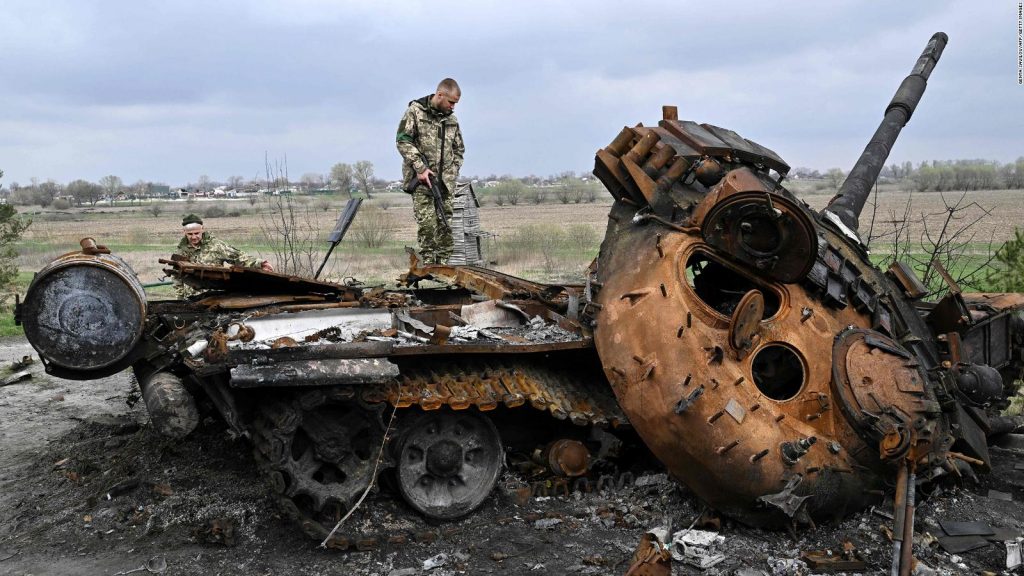 Now that the initial momentum has been spent and replaced by attrition (on both sides), it is possible to speculate about the outcome of the war everyone has been talking about for the last few months.
Now that the initial momentum has been spent and replaced by attrition (on both sides), it is possible to speculate about the outcome of the war everyone has been talking about for the last few months.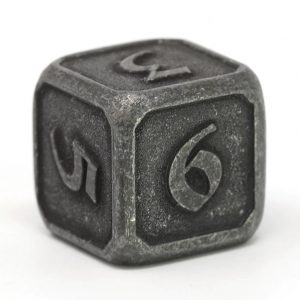
 As others beside me have noted, one of the most astonishing things about the war in Ukraine is the fact that cyberwarfare does not seem to be playing a major role in it. To be sure, there has been what one source calls “a steady drumbeat of attacks, including disinformation campaigns, distributed denial-of-service attacks that temporarily knock websites offline, and ‘wiper’ attacks, which infect computer networks and render them inoperable by deleting all files. But no question of malware taking the place of bullets, shells, rockets missiles and bombs, small and large. No talk of countrywide water, gas, electricity, communication and transportation systems being knocked out by all kinds of oddly-named devices used by either side. Instead, old-fashioned kinetic warfare seems to be not only alive but kicking out ferociously in every direction at once. Just take a look at images filled with wrecked Russian tanks, or, on the other side, some photographs of what much of Mariupol now looks like.
As others beside me have noted, one of the most astonishing things about the war in Ukraine is the fact that cyberwarfare does not seem to be playing a major role in it. To be sure, there has been what one source calls “a steady drumbeat of attacks, including disinformation campaigns, distributed denial-of-service attacks that temporarily knock websites offline, and ‘wiper’ attacks, which infect computer networks and render them inoperable by deleting all files. But no question of malware taking the place of bullets, shells, rockets missiles and bombs, small and large. No talk of countrywide water, gas, electricity, communication and transportation systems being knocked out by all kinds of oddly-named devices used by either side. Instead, old-fashioned kinetic warfare seems to be not only alive but kicking out ferociously in every direction at once. Just take a look at images filled with wrecked Russian tanks, or, on the other side, some photographs of what much of Mariupol now looks like.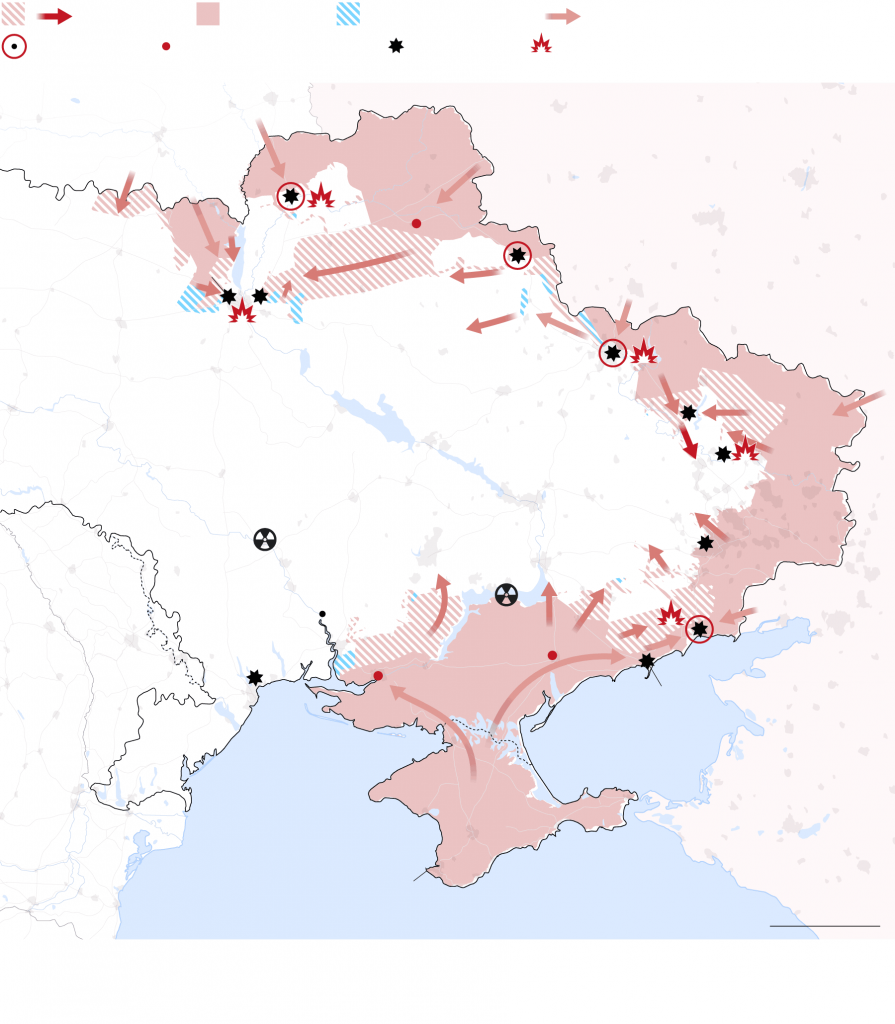 First, a disclaimer. President Putin has neither been whispering in my ear nor appearing in my dreams. Nor did his advisers, senior or junior, civilian or military, official or unofficial. Nor, on the other hand, do I necessarily trust any of the usual sources mentioned by Western media. Meaning, their own countries’ intelligence services, the reports of their journalists and cameramen on the ground, tales told by Ukrainian soldiers, tales told by local Ukrainians, tales allegedly originating in Russian POWs, and so on. All these different sources, and many others besides, have their limits. Many also have an ax to grind: either to deny Russian atrocities or to emphasize them as much as possible. It is as people say. In war, any war without exception, the first casualty is the truth.
First, a disclaimer. President Putin has neither been whispering in my ear nor appearing in my dreams. Nor did his advisers, senior or junior, civilian or military, official or unofficial. Nor, on the other hand, do I necessarily trust any of the usual sources mentioned by Western media. Meaning, their own countries’ intelligence services, the reports of their journalists and cameramen on the ground, tales told by Ukrainian soldiers, tales told by local Ukrainians, tales allegedly originating in Russian POWs, and so on. All these different sources, and many others besides, have their limits. Many also have an ax to grind: either to deny Russian atrocities or to emphasize them as much as possible. It is as people say. In war, any war without exception, the first casualty is the truth.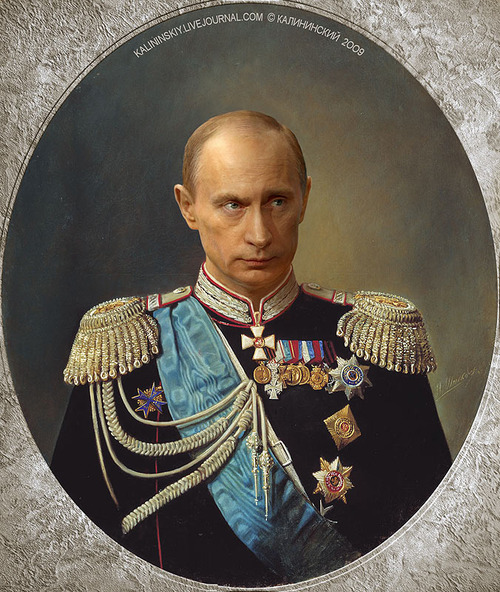
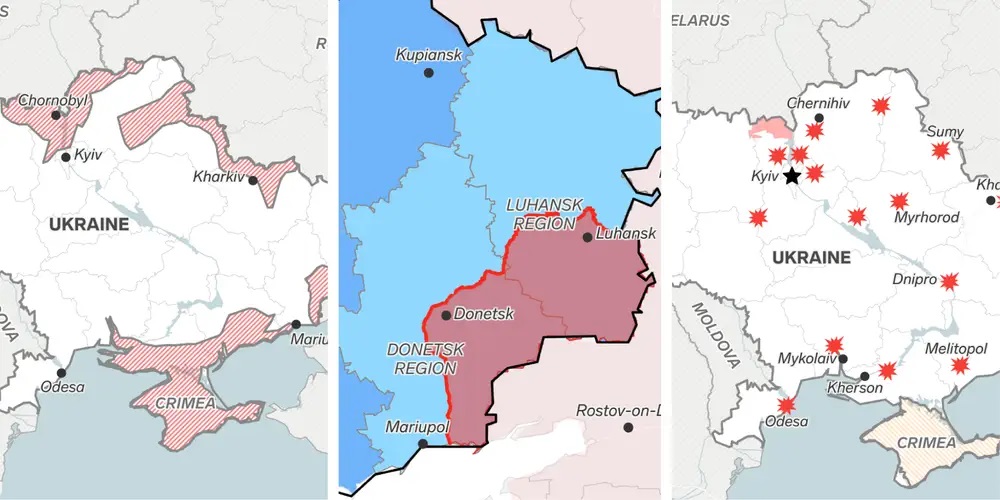
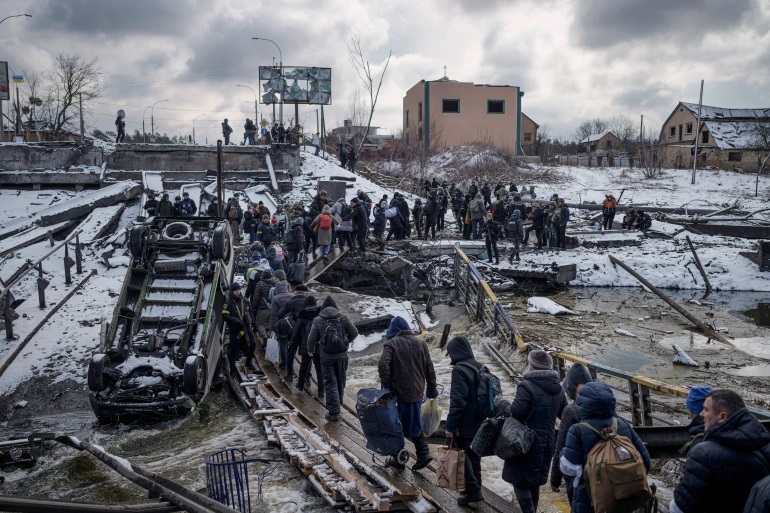
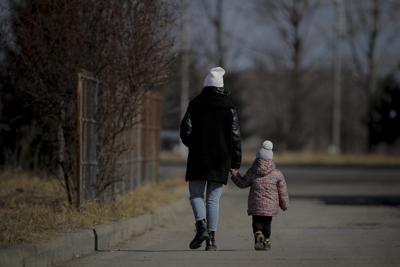
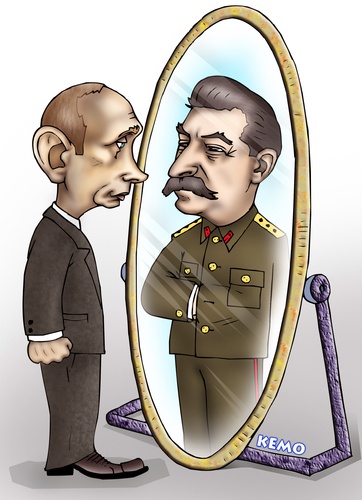 The war in Ukraine goes on and on. Though analysts are as numerous as flies on a heap of you know what, the truth is that one knows how it is going to end. Such being the case, I want to put my latest thoughts on record.
The war in Ukraine goes on and on. Though analysts are as numerous as flies on a heap of you know what, the truth is that one knows how it is going to end. Such being the case, I want to put my latest thoughts on record.